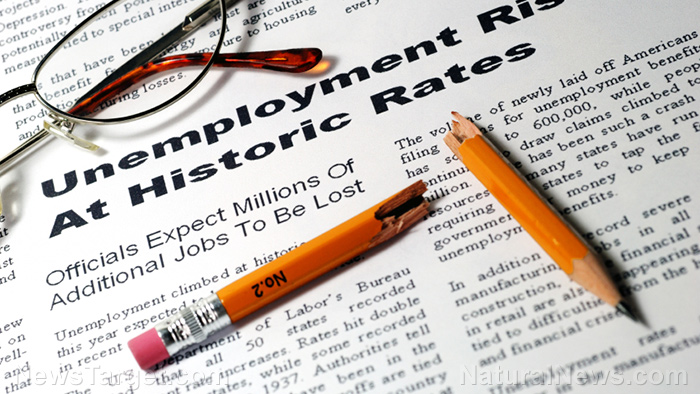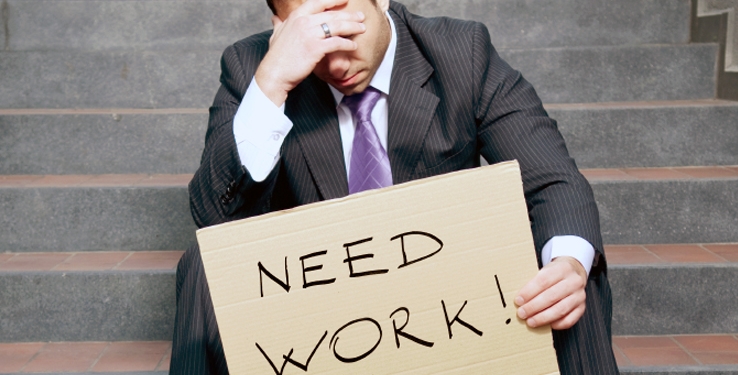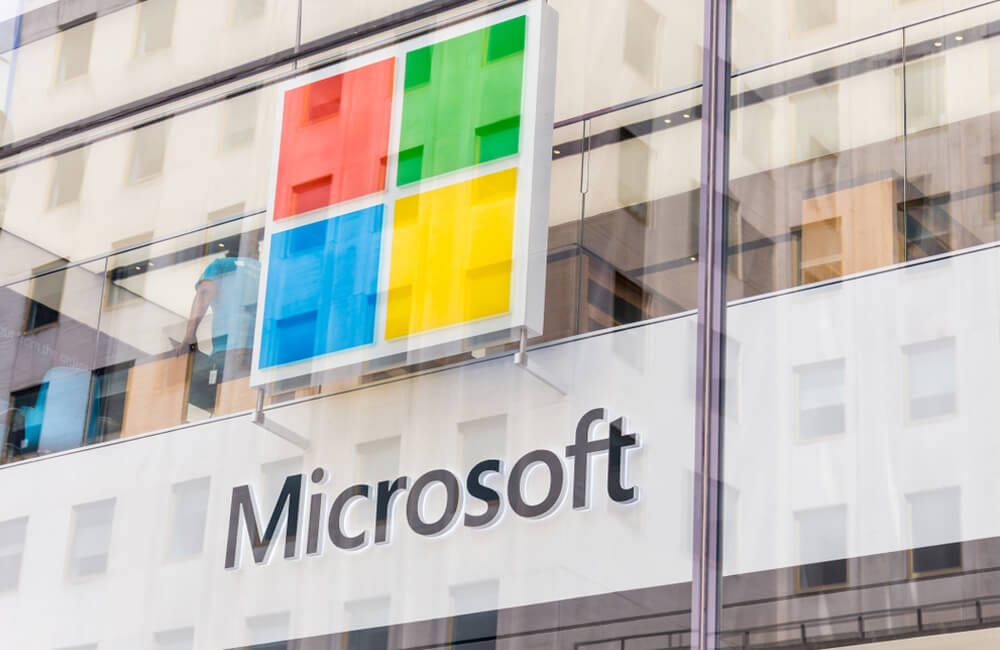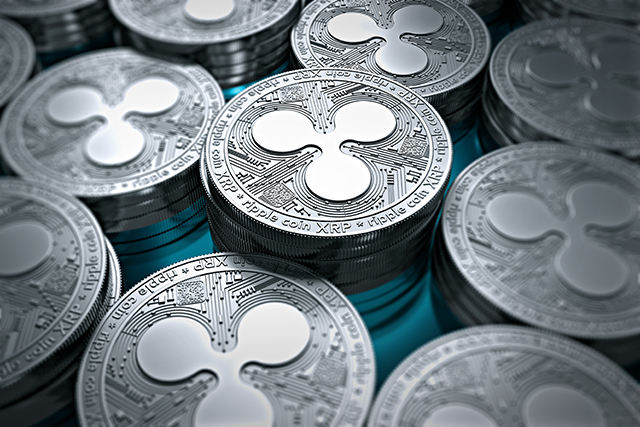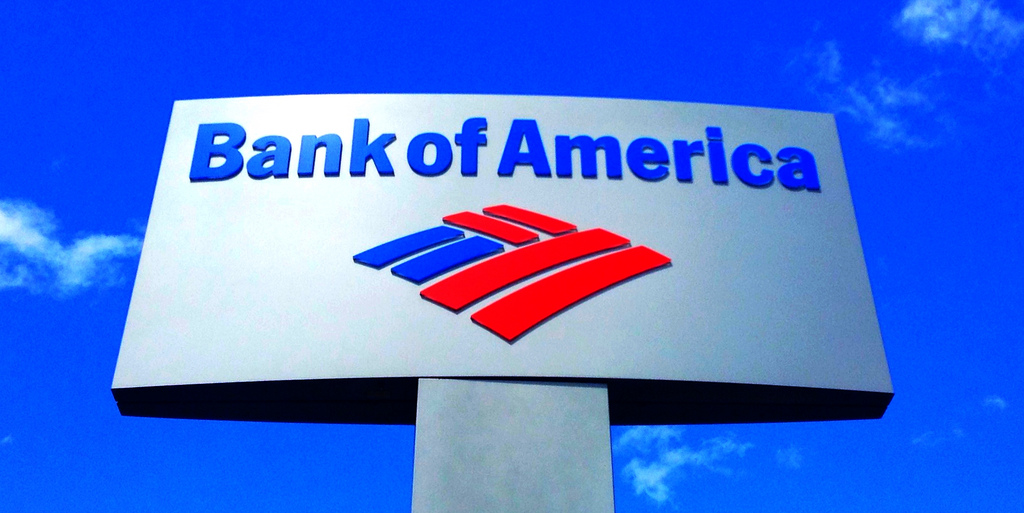Big Banks team up to launch digital wallet that can compete with PayPal and Apple Pay… are you ready for your digital wallet social credit score enforcement?
01/24/2023 / By Arsenio Toledo
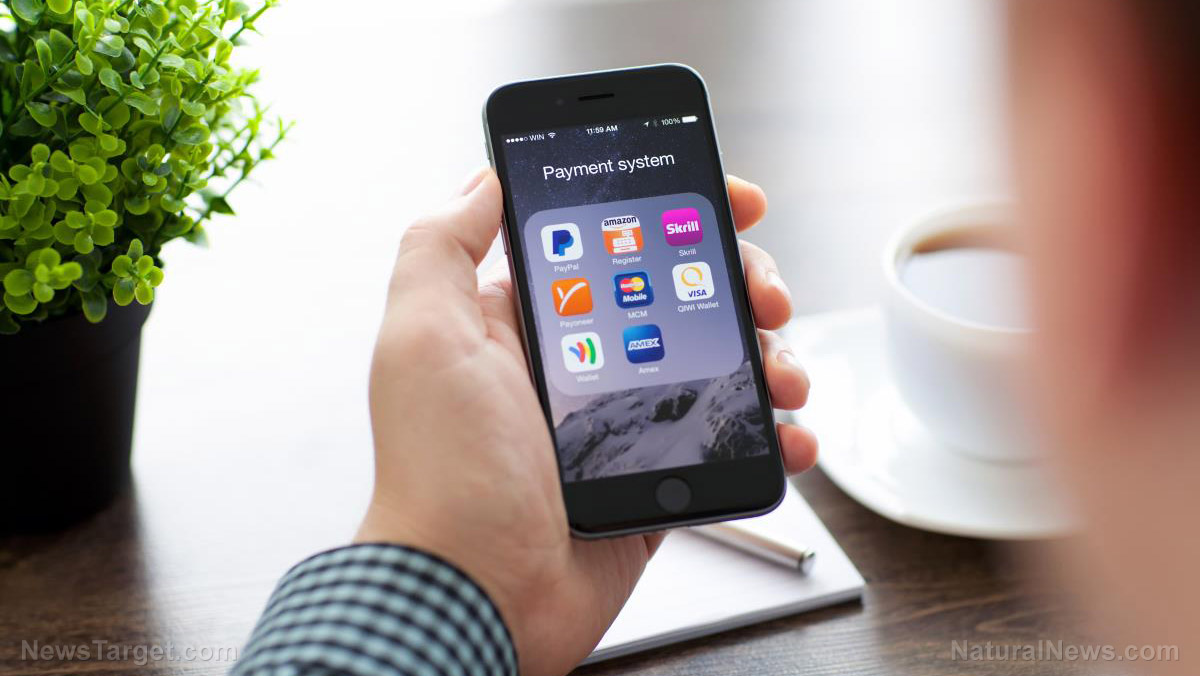
Seven of the United States’ largest banks, including Wells Fargo, Bank of America and JPMorgan Chase, are teaming up to create a new digital wallet service that they hope can challenge the dominance of PayPal and Apple Pay.
These seven banks claim that this new product will allow shoppers to pay at merchants’ online checkout with a wallet that will be linked to their debit and credit cards. This digital wallet will be managed by Early Warning Services LLC, a bank-owned company and the parent company of money transfer service Zelle. (Related: Bank of America experiences disruption in online transactions, customers report funds missing from accounts.)
One of the main goals of the banks is to introduce a service that can successfully take a chunk of the market in digital wallet services away from PayPal and Apple Pay. These banks are worried that the continued domination of these two services in this field could cause more of their customers to shy away from traditional banking services.
Apple, in particular, poses a big threat. The Big Tech company is moving further into financial services and recently partnered with Goldman Sachs to provide a virtual savings account as well as a buy now, pay later service.
Early Warning Services confirmed to media outlets that it plans to launch this digital wallet service by the end of the year.
Digital wallet unlikely to make a dent on PayPal and Apple Pay’s market share for some time
Early Warning Services’ owner banks claim they are also trying to cut down on fraud in the digital wallet service. They claim that customers using their digital wallet wouldn’t need to type in their card numbers, an action that can raise the risk of fraud and rejected payments that result in lost sales.
Once this new digital wallet service gets released, the Big Banks expect to enable over 150 million debit and credit cards for use immediately. American consumers who are up-to-date on payments, have used their card online in recent years and can provide the company with a valid email address and phone number will be eligible to sign up for the service.
The Big Banks are still figuring out the finer details of the customer experience. The current plans for the payment process involve consumers typing their emails on a merchant’s checkout page. The merchant would then ping Early Warning Services, which would use its back-end connections to Big Banks to identify the consumer’s digital wallets. Consumers would then be given a choice to pick which card to use or could opt out entirely.
The Big Banks are also expected to roll out cards with the digital wallet service, as this is how most U.S. consumers are used to paying for their shopping. The banks believe providing a physical card will increase the odds that more people would use the wallet.
Harshita Rawat, an analyst for Bernstein, wrote in a note to clients that America’s Big Banks have “likely always had PayPal envy,” and it will likely take a lot of time for this new digital wallet service to be considered a serious risk to PayPal and Apple Pay.
“It simply takes a very long time, a killer customer experience (which needs to be better than incumbents, not just similar) and a compelling merchant value proposition to build the two-sided network effects in payments to achieve scale,” wrote Rawat.
Analysts at JPMorgan Chase had a similar reaction to Rawat, noting that the effort by the Big Banks to create a new digital wallet service is a “headline negative” for existing digital wallets, but the development was not too big of a concern.
“We put this in the camp of ongoing competition, and believe PayPal must continue to develop fast checkout and build breadth of services around the checkout button (e.g., recently launched savings account) to maintain consumer engagement leadership,” wrote JPMorgan analyst Tien-tsin Huang.
Learn more about Big Banks and the financial system at MoneySupply.news.
Watch this video from Short Fat Otaku discussing why PayPal is terrible.
This video is from the channel Short Fat Otaku on Brighteon.com.
More related stories:
Global DE-DOLLARIZATION is on the way as world’s central banks buy gold at fastest pace in 55 years.
Coming economic collapse will be used to close banks and introduce central bank digital currencies.
11 Countries have already adopted central bank digital currencies and 105 others are considering it.
Sources include:
Submit a correction >>
Tagged Under:
Apple, Bank of America, banking, Big Banks, Big Tech, Bubble, computing, cyber war, digital wallet, finance, financial services, Glitch, information technology, JPMorgan Chase, money supply, online banking, PayPal, risk, tech giants, technocrats, Wells Fargo
This article may contain statements that reflect the opinion of the author
RECENT NEWS & ARTICLES
COPYRIGHT © 2017 RISK NEWS


